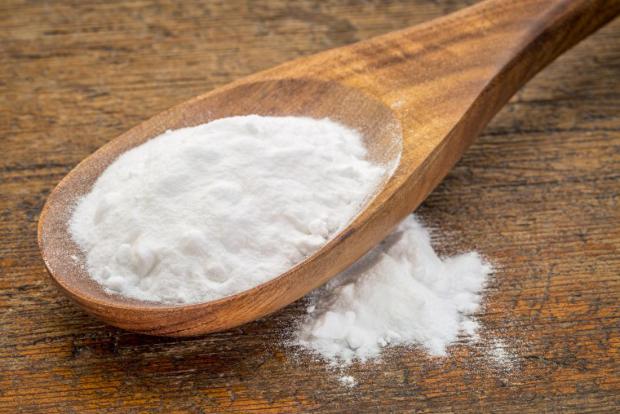
Breaking News
 What I Wish I Knew Before Keeping Chickens
What I Wish I Knew Before Keeping Chickens
 Michael Oliver Bombshell: Silver's "Rebirth" After Smackdown - $500 Silver by Summer,
Michael Oliver Bombshell: Silver's "Rebirth" After Smackdown - $500 Silver by Summer,
 Jeffrey Epstein's Account "littlestjeff1" Is Still Playing Fortnite Today in Israel
Jeffrey Epstein's Account "littlestjeff1" Is Still Playing Fortnite Today in Israel
 Don't Drink Plain Water Again After 60 - THIS #1 Trick Boosts Blood Flow Instantly | Senior Hea
Don't Drink Plain Water Again After 60 - THIS #1 Trick Boosts Blood Flow Instantly | Senior Hea
Top Tech News
 How underwater 3D printing could soon transform maritime construction
How underwater 3D printing could soon transform maritime construction
 Smart soldering iron packs a camera to show you what you're doing
Smart soldering iron packs a camera to show you what you're doing
 Look, no hands: Flying umbrella follows user through the rain
Look, no hands: Flying umbrella follows user through the rain
 Critical Linux Warning: 800,000 Devices Are EXPOSED
Critical Linux Warning: 800,000 Devices Are EXPOSED
 'Brave New World': IVF Company's Eugenics Tool Lets Couples Pick 'Best' Baby, Di
'Brave New World': IVF Company's Eugenics Tool Lets Couples Pick 'Best' Baby, Di
 The smartphone just fired a warning shot at the camera industry.
The smartphone just fired a warning shot at the camera industry.
 A revolutionary breakthrough in dental science is changing how we fight tooth decay
A revolutionary breakthrough in dental science is changing how we fight tooth decay
 Docan Energy "Panda": 32kWh for $2,530!
Docan Energy "Panda": 32kWh for $2,530!
 Rugged phone with multi-day battery life doubles as a 1080p projector
Rugged phone with multi-day battery life doubles as a 1080p projector
 4 Sisters Invent Electric Tractor with Mom and Dad and it's Selling in 5 Countries
4 Sisters Invent Electric Tractor with Mom and Dad and it's Selling in 5 Countries
Why Top Olympic Athletes Use Baking Soda to Boost Performance

It was a very fast Olympics. Half of the distance running events—six of the 12 men's and women's races between 800 meters and the marathon—saw new Olympic records. The newest supershoes had something to do with it, and the fancy new track probably did too. There's also a new, more aggressive approach to racing that seems to be spreading. But there's something else, too, according to Canada's Marco Arop, whose silver medal performance in the 800 meters, a mere hundredth of a second behind Emmanuel Wanyonyi of Kenya, made him the fourth fastest man in history.
Just a week before the Olympics, Arop decided to try something new—something that he'd never tried before but that, according to an anonymous Olympic runner quoted in the Telegraph, at least 80 percent of elite runners are now using: sodium bicarbonate, better known as baking soda. "I figured if everybody else is using it…" Arop said in his post-race interview. "And it's been working wonders."
Of course, athlete anecdotes only go so far. Shaquille O'Neal swore that PowerBand bracelets made him a better basketball player. Last year, I wrote about the much-hyped launch of a new baking soda formulation from the Swedish company Maurten. Even before the launch, the company had already lined up an impressive roster of athlete believers: cyclist Primož Rogli?, speedskater Nils van der Poel, mountain running legend Kilian Jornet, track stars Joshua Cheptegei and Keely Hodgkinson, and many more. But there was a notable lack of scientific evidence that Maurten's pricey ($70 for four servings) formulation works any better than the regular boxes of Arm & Hammer you get at the grocery store.



